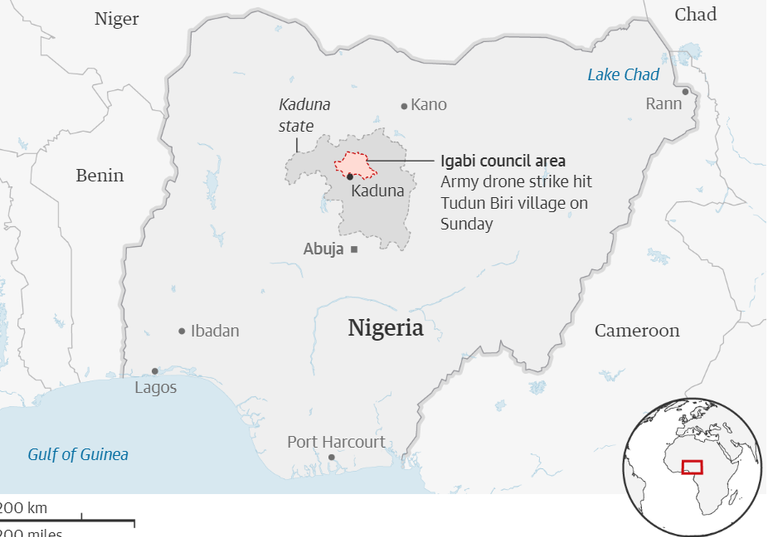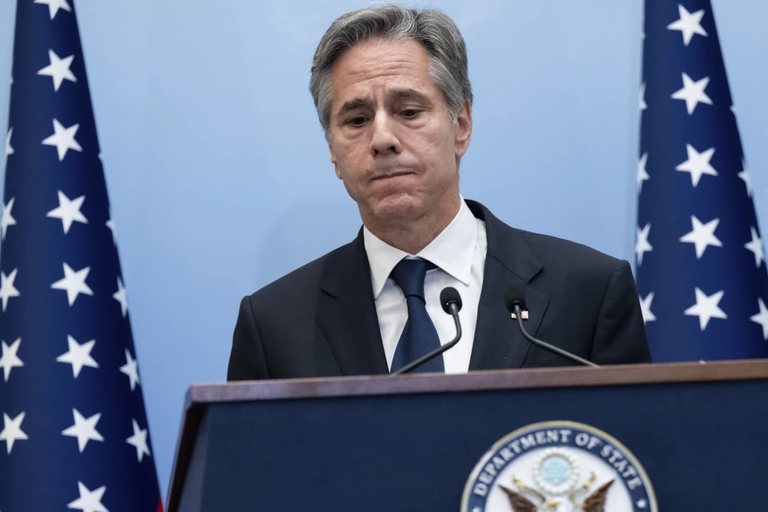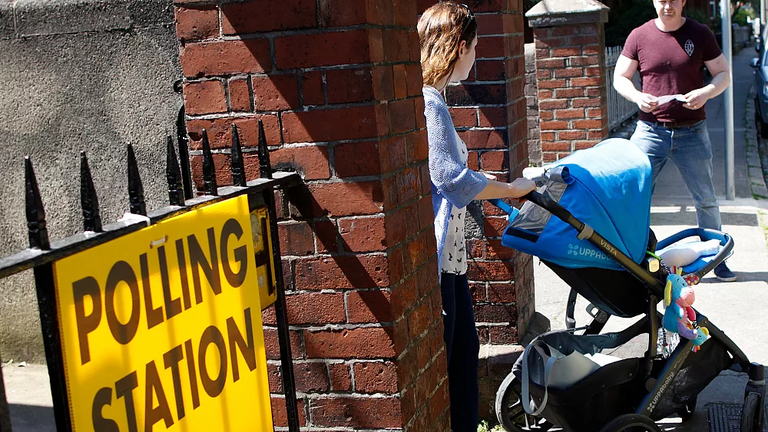
Drone Strike in Nigeria
Moving into Nigeria now, where the president has called for an investigation into an apparent accidental drone strike that killed at least 85 civilians in a village in northwestern Nigeria. President Tinubu called the incident a bombing mishap, describing it as unfortunate, disturbing and painful, while expressing indignation and grief over the tragic loss of Nigerian lives. Villagers in Tudun Biri in Kaduna State were said to have been gathering for an Islamic festival when the village was hit by a military drone strike, and Nigeria's National Emergency Management Agency said that at least 85 people, including women, children and the elderly have been buried so far and at least 66 others were injured. The Nigerian military is reported as saying that it was carrying out a routine mission against terrorists, but inadvertently affected members of the community, though gave no explanation for how the incident actually happened. Now, air raids are a common tactic by the Nigerian government against insurgencies that have operated in the north of the country for more than a decade, but civilian casualties are tragically an all too common occurrence. According to intelligence analysis, 400 or so civilians have been killed since 2017 by military airstrikes that were purportedly targeting armed groups in the north.

US Visa Ban for West Bank Settlers
The United States has announced plans to deny visas to extremist Israeli settlers on the occupied West Bank in a rare punitive move against its ally, Israel. Specifically, the US State Department says that the new policy will target individuals believed to have been involved in undermining peace, security or stability in the West Bank, including through committing acts of violence or taking other actions that unduly restrict civilians access to essential services and basic necessities. According to the State Department, these restrictions could also be extended to immediate family members. It's worth noting that the new policy doesn't explicitly target Israelis, so it could be used to deny visas to Palestinians in the West Bank who have carried out violent actions to. The State Department, has said that they will continue to make clear to Israeli authorities that Israel must take additional measures to protect Palestinian civilians from extremist attacks in the West Bank, and make clear to the Palestinian Authority that it must do more to curb Palestinian attacks against Israelis. However, while the war in Gaza rages on violence has also risen in the other Palestinian territory. The West Bank, which has been occupied by Israel since 1967. Since October 7th, at least eight Palestinians have been killed by settlers in the West Bank and the UN says it has recorded 314 attacks by Israeli settlers that have resulted in Palestinian casualties or damage to Palestinian property. In the same time period for Israelis, including three military personnel, have been killed by attacks from Palestinians in the West Bank.
Ireland Referendum
Ireland will vote on March 8th next year in a referendum to amend the country's constitution by removing references to a woman's place within the home and broadening the definition of family. The vote, which coincides with International Women's Day, aims to change what the government has described as an outdated wording that no longer reflects modern life. Currently, the constitution, which entered into force in 1937, states in article 41.2 that in particular, the state recognises that by her life within the home, woman gives to the state a support without which the common good cannot be achieved. The proposed amendment will remove that wording and replace it with the following. The state recognises that the provision of care by members of the family to one another, by reason of the bonds that exist among them, gives the society a support without which the common good cannot be achieved, and shall strive to support such provision. The other change said to be voted on relates to article 41.1, which covers the family. The proposed amendment would insert the phrase whether founded on marriage or on other durable relationships.

Irish Taoiseach Leo Varadkar says that the latter change would acknowledge other forms of families, like those led by one parent, grandparents, guardians or unmarried people in committed long term relationships. By carrying out the dual referendum, the government is following two out of the three recommendations made by the Parliamentary Committee on Gender and the Citizens Assembly. The third recommendation was to add a new gender equality provision to the Constitution. But the government isn't proceeding with this, as they believe that the Constitution's existing, all encompassing commitment to equality is sufficient and that a specific gender equality reference might unwillingly downgrade other forms of equality. If successful, these referendums would be the latest in a series of public votes to modernise the country's constitution, which was drafted in the 1930s when the Catholic Church had considerably more influence. In 2015, the country voted 62% in favour of legalising gay marriage, becoming the first country on earth to do so via a public vote and in 2018 Ireland voted by around two thirds in favour of legalising abortion and scrapping the crime of blasphemy. So it'll be interesting how this referendum plays out.